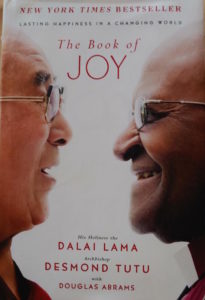The weeds in the garden were well on their way to taking over the bed, so I spent an hour pulling them away from the tomatoes, chives, snow peas, and sunflowers. When I began, the sun was just peeking over the roof line; when I finished up, it was well on its way to the middle of the sky.
I don’t usually pay much attention to this daily arc through the sky – unless it’s to seek shade or because the sun’s heat is doing its best to turn my skin pink. But today, I began my weeding at the base of the sunflowers. In the hour I spent in the garden, the sunflowers changed their orientation: all of them began facing one direction and turned their faces to another by the time I stopped pulling weeds. The sun had moved, and they changed their orientation to continue facing it, following the life-giving light.
When I water the garden this evening, the sunflowers will be facing in the opposite direction to their morning orientation. It’s why they are called sunflowers, I suppose: though grounded in one particular place, they turn with the sun’s movement. If that isn’t an every day miracle, I don’t know what is.
It struck me that I can do the same thing. I cannot move from the particular time and circumstance that set the parameters of my life’s span, but I can choose my orientation. I can choose to be moved by something life-giving beyond myself. And within this very small, brief, and specific life span I call my own, I can choose to act accordingly.
Lord, keep my eyes and heart open. Only with your help can I look beyond myself and act with compassion for all the life you’ve created. Amen.











